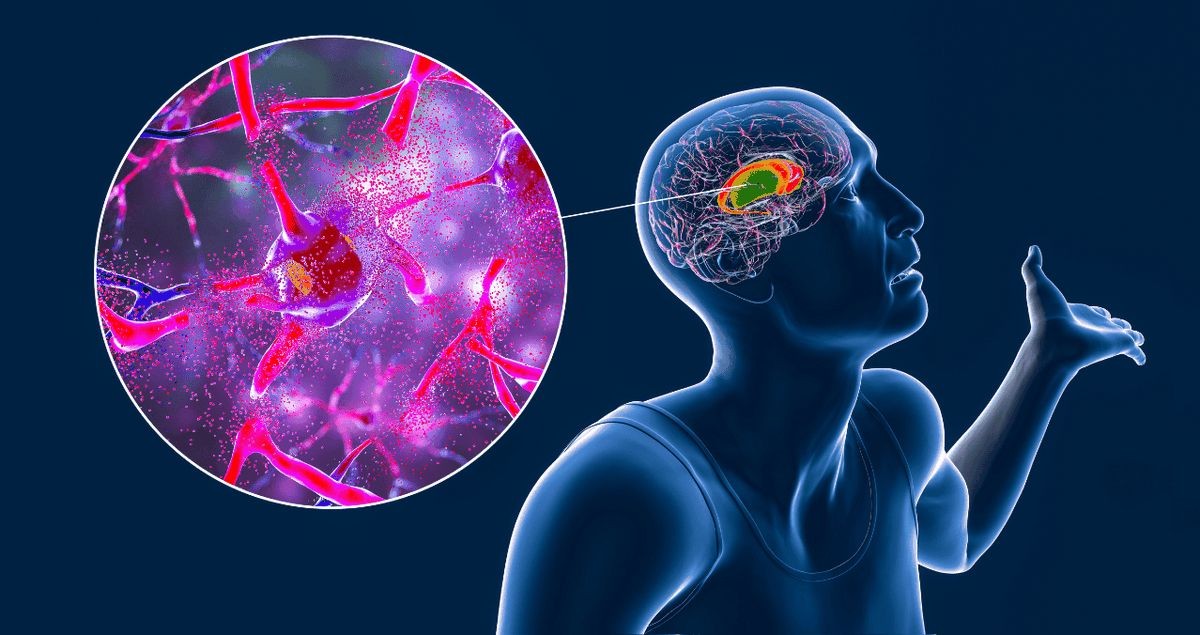
Contents
Austedo
Austedo is a prescription medicine used to treat:
- Huntington’s disease involuntary movements (chorea). Austedo does not cure the cause of involuntary movements or treat other symptoms of Huntington’s disease like thinking or emotional problems.
- Movements in the face, tongue, or other uncontrollable body parts (tardive dyskinesia).
Warnings
- Austedo can increase the risk of depression, suicidal thoughts, and behavior (suicidality) in Huntington’s disease patients. Monitor patients closely for signs of depression, suicidality, or unusual behavior changes. Inform patients, caregivers, and families about these risks and prompt reporting of concerning behaviors to the physician.
- Exercise caution when treating patients with a history of depression, prior suicide attempts, or ideation, which are more common in Huntington’s disease. Austedo is not suitable for suicidal patients or those with untreated or inadequately treated depression.
- Austedo may slightly prolong the QT interval, but this is not clinically significant at recommended dosages. Avoid Austedo in patients with congenital long QT syndrome or a history of cardiac arrhythmias.
- Austedo commonly causes sleepiness (sedation). Do not drive or operate machinery until you know how Austedo affects you. Combining Austedo with alcohol or other sedating drugs may increase drowsiness.
Austedo Side Effects
Austedo can cause serious side effects in people with Huntington’s disease, including:
- Depression
- Suicidal thoughts
- Suicidal actions
Do not begin Austedo treatment if you have untreated or poorly controlled depression or suicidal thoughts.
Pay close attention to any mood, behavior, thought, or emotion changes, particularly when starting or adjusting Austedo dosage.
Contact your healthcare provider immediately if you experience depression or any new, worsening, or concerning symptoms:
- Sudden feelings of sadness or crying spells
- Lack of interest in activities or friends
- Significant changes in sleep patterns
- Feelings of guilt, hopelessness, or unimportance
- Increased irritability, anger, or aggression
- Noticeable changes in appetite or body weight
- Trouble focusing or constant fatigue
- Thoughts of self-harm or suicide
Austedo can also cause serious side effects, including:
- Irregular heartbeat (QT prolongation). Austedo increases the risk of abnormal heartbeats. Avoid combining Austedo with certain medications. Patients at risk for QT prolongation should undergo heart testing when increasing Austedo dosage above 24 mg daily.
In people with Huntington’s disease, the most common Austedo side effects include inflammation of the nose and throat (nasopharyngitis) and insomnia.
This list does not encompass all possible side effects of Austedo. Consult your doctor for medical advice. Report side effects to the FDA at 1-800-FDA-1088.
Austedo Dosage
The Austedo dose is personalized for each patient based on chorea or tardive dyskinesia reduction and tolerability. When first prescribed to patients not switching from tetrabenazine, the initial Austedo dosage recommendation is 12 mg per day (6 mg twice daily) for Huntington’s disease or tardive dyskinesia patients.
- Weekly dosage increases of 6 mg per day may be administered based on chorea or tardive dyskinesia reduction and tolerability, up to the maximum daily dosage of 48 mg.
- Administer daily doses of 12 mg or higher in two divided doses.
- Take Austedo with food and swallow whole; do not chew, crush, or break tablets.
QUESTION:
Pregnancy and Breastfeeding
The safety and efficacy of Austedo in children is unknown.
Who Should Not Take Austedo?
Do not take Austedo if you:
- Have Huntington’s disease and depression or suicidal thoughts
- Have liver problems
- Take monoamine oxidase inhibitor (MAOI) medications. Wait 14 days after discontinuing Austedo to use an MAOI. Do not start Austedo within 14 days of stopping an MAOI. Confirm with a healthcare provider or pharmacist.
- Take reserpine. Austedo is not compatible with reserpine-containing medications (e.g., Serpalan, Renese-R). Wait at least 20 days after a reserpine dose before starting Austedo.
- Take tetrabenazine (Xenazine). If switching from tetrabenazine to Austedo, take the first Austedo dose the day after the final tetrabenazine dose.
- Take valbenazine (Ingrezza)
Prior to taking Austedo, disclose all medical conditions, including:
- Emotional or mental problems (e.g., depression, anxiety, anger, psychosis, suicidal history)
- Liver disease
- Irregular heartbeat or congenital long QT syndrome
- Low blood potassium or magnesium levels
- Breast cancer or history of breast cancer
- Pregnancy or plans for pregnancy, and breastfeeding or plans for breastfeeding
Inform your healthcare provider of all medications, including prescription, OTC, vitamin, and herbal supplements.
Combining Austedo with certain medications may cause side effects. Seek medical advice before starting any new drugs while taking Austedo.
Summary
Austedo is a prescription medicine used to treat Huntington’s disease involuntary movements (chorea). Common side effects in patients with tardive dyskinesia include nasopharyngitis and insomnia. Austedo increases the risk of depression and suicidal thoughts and behavior in patients with Huntington’s disease. Exercise caution when weighing the risks of depression and suicidality against the need to treat chorea. Sleepiness is a common Austedo side effect. Do not drive or operate machinery until you understand how Austedo affects you. Austedo can cause depression, suicidal thoughts, and actions in people with Huntington’s disease.


